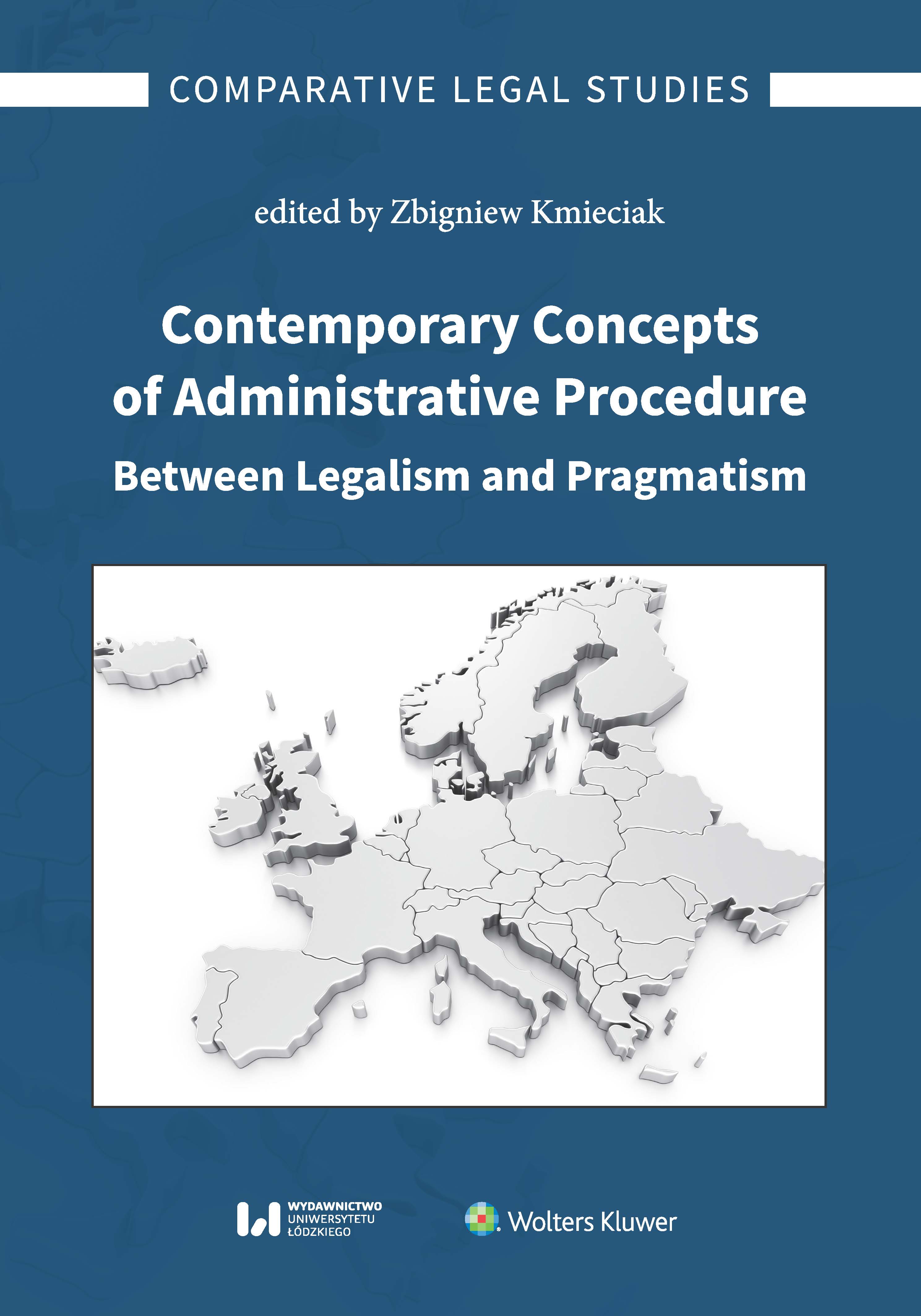Generations of Administrative Procedure in the Netherlands: Towards a Third Generation?
Generations of Administrative Procedure in the Netherlands: Towards a Third Generation?
Author(s): Ymre Schuurmans, Joyce Esser
Subject(s): Law, Constitution, Jurisprudence, Administrative Law
Published by: Wydawnictwo Uniwersytetu Łódzkiego
Keywords: administrative procedure; Netherlands; third generation
Summary/Abstract: In this chapter, three generations of Dutch administrative procedural law are identified and discussed. The first generation is characterized by appeal procedures within the administration, among which the appeal to the Crown. This generation did not focus on the protection of individual rights, either procedural or substantive. Rooted in a formal Rechtsstaat conception, subjective rights against the state were thought to compromise the sovereignty of the state. Instead, administrative appeal was meant to uphold the quality and legality of decision-making and therefore the common good. Although this did not necessarily preclude assigning procedural rights to parties, the legislator thought extensive procedural law would jeopardize administrative efficiency. During the first half of the 20th century, specialized and independent law courts were created, but these mainly followed the design of the administrative appeal procedure, focusing on legality review. Although this often resulted in a form of accessible and inexpensive legal protection, the first generation’s procedural law did most certainly not turn around the concept of parties. Throughout the 20th century, independent judicial review began to gain ground, especially after the ECHR judged the appeal to the Crown in violation of the right to a fair trial. At the same time, the intellectual idea began to take hold that the goal of administrative procedure should be individual legal protection. In 1994, the General Administrative Law Act (GALA) came into force, signaling the start of the second generation of procedural law. Although the legislator explicitly chose individual conflict resolution as the main goal of administrative procedure, the foundational reorientation remained incomplete. Leaving many of the first generation’s characteristics, such as legality review of single administrative decisions, intact, while at the same time assuming an increased responsibility for litigants, the GALA turned out to foster a climate of efficiency, echoing the spirit of the first generation’s focus on the public good. Furthermore, the focus on individual legal protection hampered the development of procedural law for collective decision-making procedures like rulemaking or policy instruments. Over the last years, the incapacity of administrative law to adequately deal with some major crises of governance have highlighted the vulnerable design of the second generation’s procedural law. On the one hand, the GALA does not effectively protect the individual, as Dutch administrative law lacks certain procedural safeguards and substantive individual rights to do so. On the other hand, the GALA fails to adequately tackle the collective dimension underlying many major administrative problems, by scattering policy conflicts and bureaucratic failure in single law cases on single decisions. Currently, many proposals are made to rectify these tendencies. A common theme in these is the turn to constitutional values and safeguards within administrative law, such as human rights protection and enhancing democratic control. Accordingly, a steady maturation of a more substantive and responsive notion of the Rechtsstaat emerges. Together, these developments show how individual rights protection and enhancing collective decision-making procedure are not antithetic, but, when integrated in an overarching design, can strengthen each other. Although it might be too early to speak of a definitive third generation, contemporary developments like digitalization can be excepted to only contribute to the contours of a new procedural law, fit for the 21st century.
Book: Contemporary Concepts of Administrative Procedure. Between Legalism and Pragmatism
- Page Range: 81-94
- Page Count: 14
- Publication Year: 2023
- Language: English
- Content File-PDF

